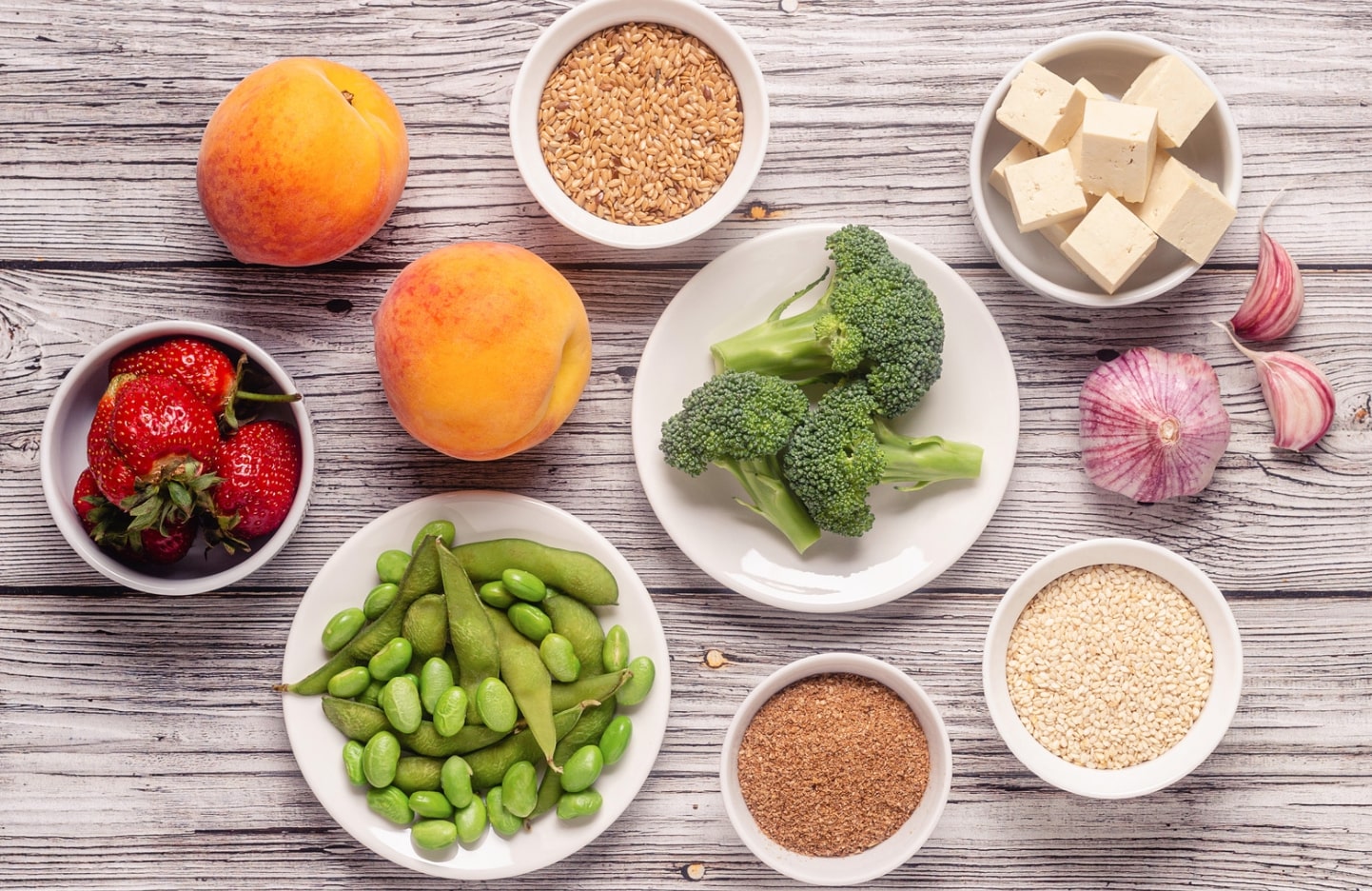Top 10 Foods To Increase Oestrogen Levels During Menopause
9/16/2021
Menopause can cause your oestrogen levels to fall, try these top 10 foods before going straight for the supplements.

What menopausal symptoms can you expect?
During menopause, your body can change in many different ways. As oestrogen levels fall, your periods may become irregular and you may notice other physical changes including higher blood pressure, changes in cholesterol levels (increasing risk of heart disease), and losing calcium from your bones (raising the risk of osteoporosis).
Other symptoms of the perimenopause can include weight gain, hot flushes, night sweats, irritability, poor concentration, more frequent headaches, and joint pains. These symptoms are mainly due to falling oestrogen levels and can last for just a few months or for several years.
Plant oestrogens (also called phytoestrogens) are very similar to human oestrogen. If eaten regularly, and in enough quantities, they can start to have mild estrogen-like effects – which is useful as oestrogen levels decline.
For some women, these effects could be sufficient to help relieve menopausal symptoms, particularly hot flushes. It is important to note that;
- It can take 2-3 months for the benefits of plant oestrogens to be seen
- They seem to work better for some women than others which might be down to differences in gut bacteria.
- Consuming plant oestrogens several times a day appears to be more effective compared to one larger dose.
Foods to include in your diet

Soybeans and Edamame
Both soybeans and edamame have been shown to support a reduction of menopausal symptoms, such as hot flushes and night sweats.
Flaxseeds and sesame seeds
As well as showing benefits with higher levels of plant oestrogens they also contain lots of essential nutrients. Therefore, always important to have part of your diet.
Legumes
Legumes like chickpeas, lentils, red kidney beans, and split peas are also rich sources of phytoestrogens
Dried fruit and Berries
Dried prunes, apricots, and dates, providing much higher levels than fresh. Berries have also been shown to contain greater plant oestrogens.
Garlic
Garlic is recognised for it’s health benefits, some studies have shown a positive effect on blood oestrogen levels Further research is required on long term studies, nevertheless, it is a healthful addition to the diet.
Cruciferous vegetables
Broccoli, cauliflower, cabbage, and Brussels sprouts
Grains
Rice, oats, barley, quinoa, rice bran, rye, and wheat bran
Make sure to like and follow on facebook to keep to keep up to date with more menopause posts, such as bone health, heart health and healthy recipes high in plant oestrogens.
Eat healthy, live healthy
Robyn
